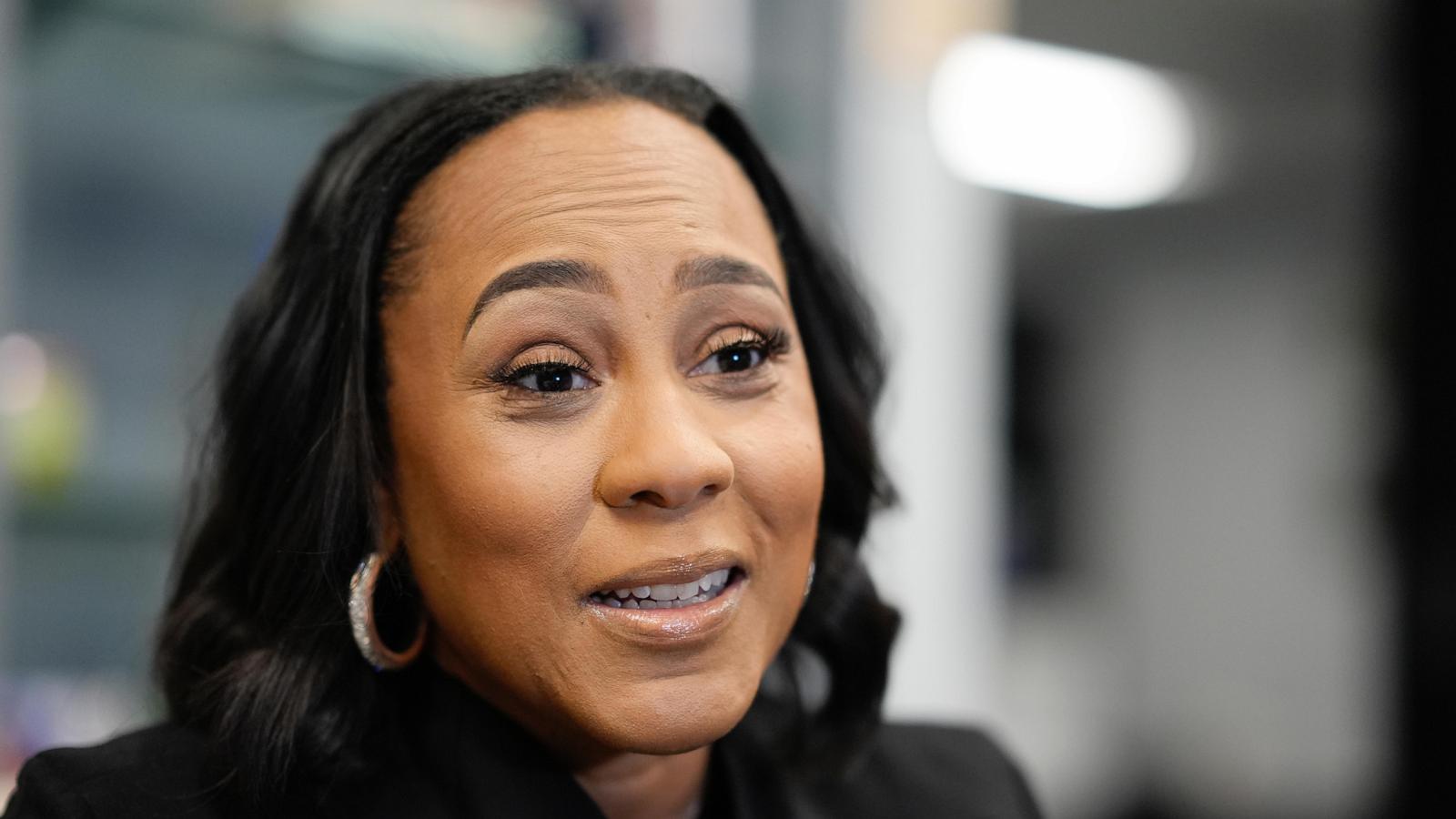Georgia Senate Subpoenas DA Fani Willis Amidst Trump Case Controversy: A Legal Showdown Looms
The legal battle surrounding Fulton County District Attorney Fani Willis and her high-profile prosecution of former President Donald Trump has taken another dramatic turn. A Georgia state judge has authorized the state Senate to subpoena Willis as part of an investigation into potential misconduct. This move has ignited a firestorm of controversy, pitting the legislative branch against a key figure in a pivotal legal case, promising a dramatic clash of power and raising serious questions about transparency and accountability. Willis, however, is fighting back, claiming the Senate's demands are overly broad and invasive of protected information. Buckle up, because the legal twists and turns are far from over.
The Subpoena: A Deep Dive into the Legal Wrangling
The Georgia state Senate committee issued the subpoenas to compel Willis' testimony and produce numerous documents. The subpoenas arose from allegations of misconduct related to her handling of the Trump election interference case. Specifically, the committee is scrutinizing Willis' hiring of special prosecutor Nathan Wade, who happened to be romantically linked to Willis during the critical phases of the Trump prosecution. The Republicans allege that this relationship amounted to a major conflict of interest, potentially undermining the integrity of the case and creating a fraudulent use of taxpayer money. Willis has fiercely defended herself, and this subpoena battle raises critical questions about transparency and potential abuses of power, bringing the battle over accountability in government into stark relief.
Willis' Counterarguments and Legal Challenges
Fani Willis, through her attorney former Democratic Governor Roy Barnes, insists the Senate committee lacks the authority to subpoena her. She also vehemently argues that the Senate’s demands for documentation are overly broad and encompass confidential and privileged information unrelated to any legitimate legislative needs, including sensitive personal data. The assertion that these demands infringe upon attorney-client privilege and work product is central to Willis' argument. The legal challenges promise extensive pretrial wrangling and intense courtroom maneuvering, especially with a legislative time crunch approaching and significant uncertainties hanging over the committee's ability to complete its task.
The Court's Response and Upcoming Deadlines
Fulton County Superior Court Judge Shukura Ingram issued an order that provides Willis with a deadline, giving her until January 13th, to present her arguments as to whether the subpoenas overstep proper boundaries in the context of privilege and protected data. The judge will render a final decision later. This ruling places Willis squarely on the defensive, and further action and appeals are almost certain given the high stakes for her position. Given this deadline and the political factors surrounding the inquiry, this legal duel is certain to escalate into an intense showdown, testing the judiciary's boundaries, and impacting the ongoing Georgia political landscape significantly.
Navigating the Legal Tightrope: Legislative Power versus Executive Privilege
This situation highlights the inherent tension between legislative oversight and executive independence in the state. The Georgia state legislature possesses investigative powers that help assure responsible government and provide accountability of government officers. These investigative rights, though important, cannot usurp the rights to attorney-client and other legally recognized forms of privileged data that safeguard privacy and confidential communications.
The Political Implications of the Legal Battle
The legal conflict also plays out within a complex political landscape. Republicans, who control the state Senate, accuse Willis, a Democrat, of unethical actions, suggesting bias in the Trump case. This legal battle is clearly framed in politically-charged terms, turning the legal wrangling into a bitter battle between Republicans and Democrats. Republicans are already looking to ensure that accountability actions will continue even beyond the end of the current legislative session, suggesting that the investigation is intended not only to be investigative, but also to impact upcoming election cycles and election results.
Maintaining Public Trust: Striking a Balance
Regardless of political viewpoints, upholding the integrity of the legal processes and safeguarding due process remain paramount. Public confidence hinges on transparent processes and impartial actions. Striking the correct balance, even under significant political pressures, ensures the judicial and legislative spheres maintain trust, which is important for the functioning of democracy and good governance. In order to achieve fair results and maintain public faith in both branches of government, carefully considered procedures are needed. The case's political nature and importance to ongoing election results creates significant difficulties in this task.
Take Away Points
- The Georgia Senate's subpoena of DA Fani Willis marks a significant escalation in the legal and political conflict surrounding the Trump election interference case.
- Willis' challenges to the subpoena raise crucial questions about the scope of legislative investigative powers and the protection of privileged information.
- The upcoming deadline of January 13th is crucial, setting the stage for further legal maneuvering and intense legal debate. This raises critical questions about legislative versus judicial power, government transparency, and the appropriate protection of executive branch communications.
- The political context surrounding the case cannot be overlooked as both parties vie to make their interests known.
- Maintaining public trust in the judiciary and the legislative processes is critical as this case further unfolds.









